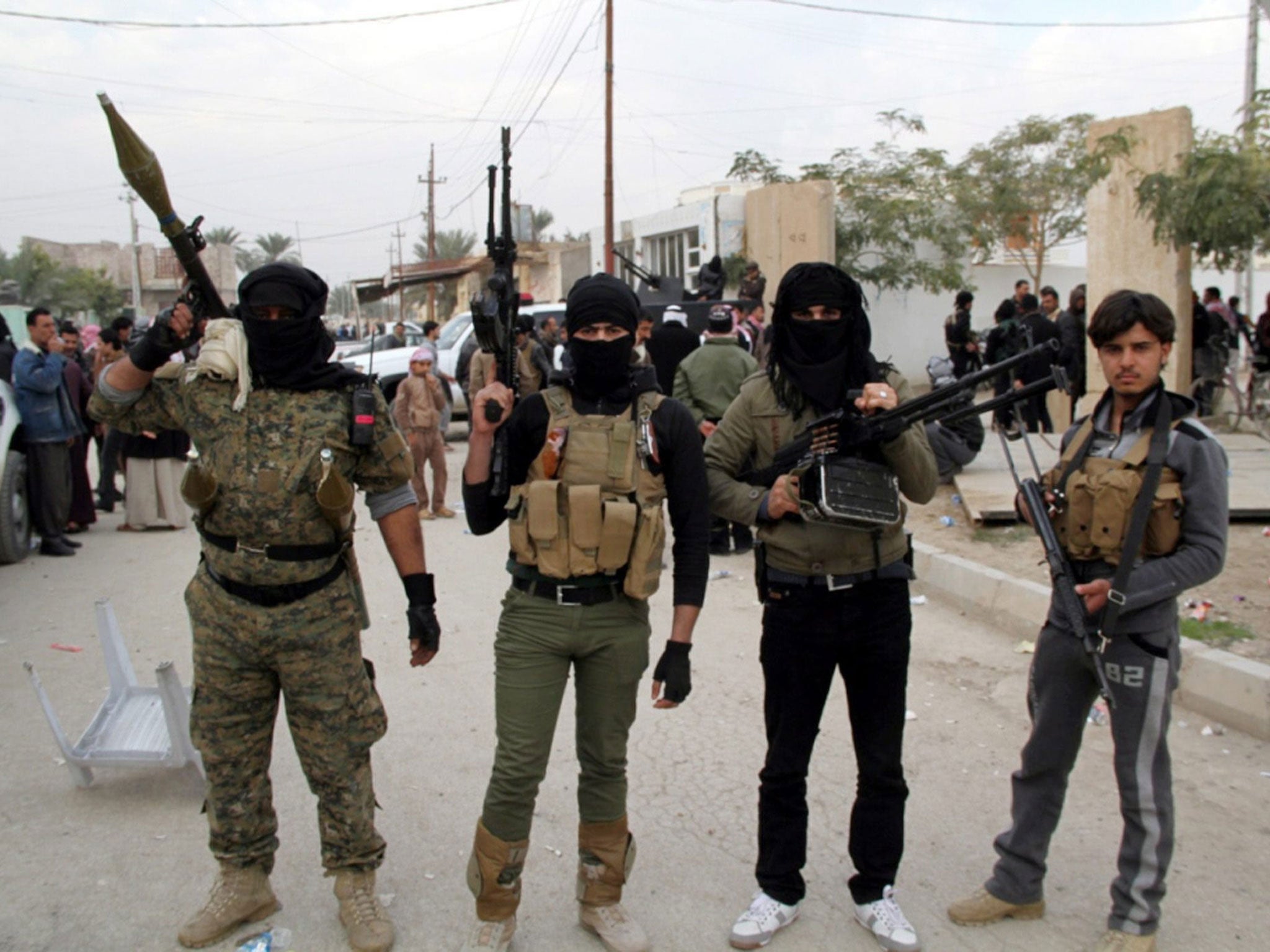Iraq needs reconciliation not American weapons to end sectarian war
The ongoing violence has claimed the lives of more than 8,000 people in 2013 - the highest annual toll since 2008

Your support helps us to tell the story
From reproductive rights to climate change to Big Tech, The Independent is on the ground when the story is developing. Whether it's investigating the financials of Elon Musk's pro-Trump PAC or producing our latest documentary, 'The A Word', which shines a light on the American women fighting for reproductive rights, we know how important it is to parse out the facts from the messaging.
At such a critical moment in US history, we need reporters on the ground. Your donation allows us to keep sending journalists to speak to both sides of the story.
The Independent is trusted by Americans across the entire political spectrum. And unlike many other quality news outlets, we choose not to lock Americans out of our reporting and analysis with paywalls. We believe quality journalism should be available to everyone, paid for by those who can afford it.
Your support makes all the difference.Warplanes guided by drones firing Hellfire missiles; tanks rolling into heavy streetfighting; arbitrary arrests and killings followed by assassinations of officials: all sites familiar enough as Iraq went up in flames following the invasion by American and British forces.
They are now being reprised in some of the most ferocious battlegrounds of that time – in Anbar province in the Sunni heartland – in another grim sign of the country sliding towards vicious sectarian strife three years after Western forces pulled out.
The latest flashpoints were at cities which had become synonymous with the insurgency against the Americans. In Ramadi at least 17 people were killed when the security forces of the Shia-dominated government of Nouri al-Maliki pulled down a Sunni protest camp. Clashes in Fallujah, meanwhile, left 15 soldiers dead and several injured.
Mr Maliki has declared that the violence has been instigated by al-Qai’da and its allies as his army and police tries to root them out from newly established bases. “The Anbar operations are the biggest blow to al-Qa’ida which has lost its safe haven in the sit-in camps” he declared.
Indeed, it is for this supposed conduct of the ‘war on terror’ that he recently received 75 Hellfires and ScanEagle unmanned aerial vehicles (UAVs) from the Obama administration.
Others, however, do not see it that way. The assault on the camp was followed by the resignation of 40 Sunni members of Parliament, another sign of polarisation between the communities.
The MPs also demanded the release of Ahmed al-Alwani, a colleague who was arrested in Ramadi at the weekend amid violence in which his brother and five guards were killed. The government stated that he was wanted on charges of terrorism without specifying what they were.
Support for the Sunni stance had come from some Shia public figures, including Moqtada al-Sadr, the radical cleric who was a vehement opponent of the presence of American and British forces in his country. Sheikh Abdul Malik al-Saadi, an influential Sunni cleric, has asked the Shia tribes in the south of the country not to send their sons to participate “in this blatant aggression on their brothers”.
While it is true that al-Qa’ida and its associates are once again increasingly in evidence in Iraq, with a spate of savage suicide bombings, there is a strong argument that it is Mr Maliki’s partisan policies which had led to the Sunni unrest that jihadist extremists are trying to exploit.
The current round of protests started in December 2012 following a raid by security forces on the home of another Sunni politician, the finance minister, Rafi al-Issawi. Mr Maliki and his allies have further alienated many Sunnis from the electoral process and driven many towards militancy.
The ongoing violence claimed the lives of more than 8,000 people in Iraq in 2013, the highest annual toll since 2008. The only way to avoid even more bloodshed in the coming months, and push back the influence of al-Qa’ida, is for the Sunni population to be brought back into the political mainstream. The Obama administration, busy supplying arms to Mr Maliki, needs to press him towards this path of reconciliation or risk being drawn back into a murderous pit in Iraq.
Join our commenting forum
Join thought-provoking conversations, follow other Independent readers and see their replies
Comments